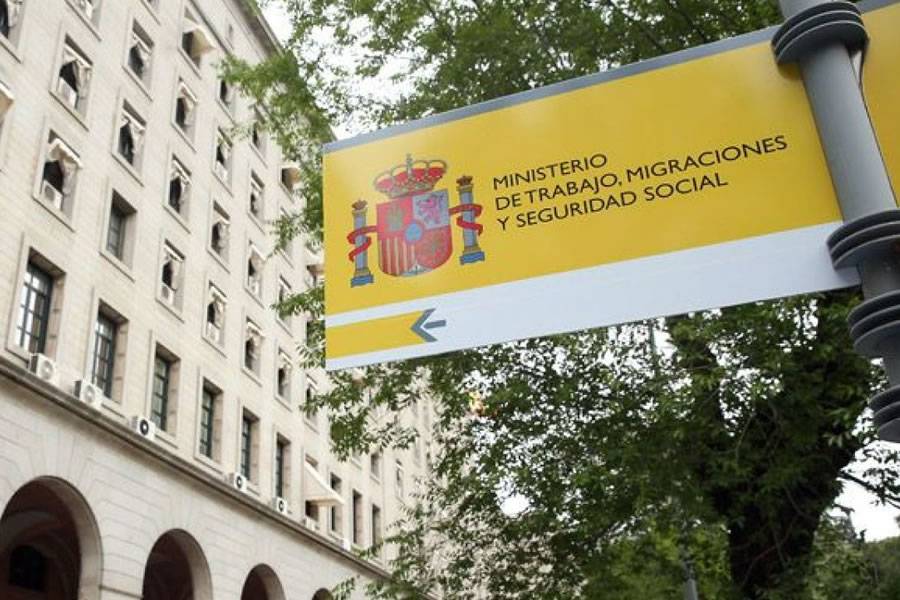Social Security contributions will increase for 800,000 self-employed in 2023
- 25-04-2022
- Business
- Chris Todd
There are just over two months left before the deadline agreed with Brussels to have the reform of the Special Regime for Self-Employed Workers (RETA) ready, which the central Government promised to design before the end of June, outlining the new contribution system for self-employed workers based on their real income.
This is because Spain is currently the only country in Europe in which its more than 3.3 million self-employed workers can freely choose the contribution base for which they pay Social Security, regardless of what they invoice.
Due to this, the vast majority, 87%, decide to pay the minimum fee, despite the fact that nearly 800,000 declare an income of more than 1,700 euros per month, according to the latest data from the Treasury and the Ministry of Social Security. This is the group that will be harmed by the new system as their quota will increase progressively from next year.
However, the majority of freelancers don’t reach, or don’t invoice, an amount equivalent to the minimum basic wage of 1,000 euros a month (in 14 payments), as 1.54 million declare net income less than or equal to 700 euros, and allocate almost half of this money to pay their social security fee of 294 euros.
Another 250,000 people invoice between 700 and 900 euros per month and almost 210,000 between 900 and 1,125 euros per month. This group, along with another 133,000 who are below 1,500 euros, will be the ones that benefit after the reform with a reduction in their contributions from next year.
The amount of reduction is still up in the air, as the latest proposal made by the Department of Social Security suggested a minimum quota of 204 euros for those who earn less than 700 euros, and 290 euros for those who are between 1,125 and 1,300 euros, a bracket that ATA respected in its proposal sent to the ministry jointly with the unions (CEOE and CEPYME) last Wednesday.
It could even be that those 133,000 freelancers who earn between 1,300 and 1,500 euros per month also win or, at least, don’t lose with the new system and have the same fee as now or a little lower. ATA defends a quota of 294 euros for them and UPTA lowers it to 290 euros for the next three years, although the last official proposal, made on February 28th, raised it to 382 euros.
Moreover, the price of the nearly 110,000 entrepreneurs who have a net income between 1,500 and 1,700 euros will hardly vary and could range between 294 and 300 euros, as proposed by ATA and UPTA.
But what will the increase be?
In the new reform, those who will have to pay more into the system are the 800,000 self-employed workers who declare an income of more than 1,700 euros per month. Their quotas will increase intensely and progressively over the next few years.
To what extent is still unclear. The Minister of Social Security, José Luis Escrivá, has said the goal was for the minimum fee to be between 991 and 1,123 euros in 2031 for the more than 360,000 self-employed who have incomes of more than 3,190 euros per month.
The CEOE union, however, intends it to be 400 euros in 2025, while UPTA advocates setting it at 600 euros. The negotiations, which are still ongoing, are expected to be complicated.



























































